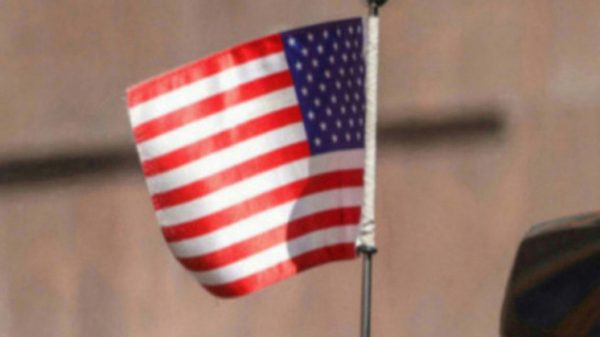 Michael Gove intends to tighten legislation against difficult neighbors in social housing. Photo: Geoff J. Mitchell/Getty Images
Michael Gove intends to tighten legislation against difficult neighbors in social housing. Photo: Geoff J. Mitchell/Getty Images
Anti-social tenants would be evicted and banned from applying for council housing for five years under proposals to be unveiled this week.
Social landlords will be allowed to get rid of tenants after three warnings for anti-social behavior such as playing loud music.
Tenants will be banned from reapplying for two years, under a plan to be unveiled by Housing Secretary Michael Gove this year. week.
People with outstanding convictions and anti-social behavior orders may also be banned.
A Government source said: “It is wrong for people who make life miserable for their neighbors to remain in social homes while deserving families are stuck on waiting lists.”
This proposal was first included in the Plan action to combat anti-social behavior”, published in October last year.
It said: “Landlords and law-abiding tenants will benefit from stricter laws and systems that will ensure those who persistently break the rules are evicted.
p>
“We will aim to halve the delay between a private landlord serving an anti-social behavior notice and eviction, and expand disruptive and harmful behavior that can lead to eviction. We will also send a clear message that ex-offenders with anti-social behavior will be denied priority for social housing.»
Mr Gove will launch consultations on the scheme this week.
Ministers say the focus will be on providing social housing to those who need it and those who make the biggest contribution to the country. This includes placing British families at the top of social housing queues to try to prioritize «British homes for British workers».
According to government data, 90 per cent of leading social housing tenants are British. . However, in the London borough of Brent, 40 per cent of new social homes were rented to foreign nationals in 2021-22.
It is not yet clear how the law will be written and how it will be enforced. .
The plans reflect changes introduced by Gordon Brown in the final days of his government, which allowed housing providers to choose between two equivalent households based on how long they had lived in the area.
Priority for UK-born people< p>The consultation will also look at how to give people born in the UK priority for council homes.
Mr Brown's changes allowed housing providers to choose between two households with the same needs, taking into account how long they lived in them. district.
But the Conservative proposals, first considered last summer, are believed to go much further.
Under current rules, local housing authorities must make decisions about the allocation of social housing based on need, giving priority to those who are homeless or living in overcrowded or squalid conditions.
As part of a push to make it easier for people of British origin to skip the queue To obtain housing, tenants will have to prove that they had connections with the UK to obtain housing. decade and local area for two years.
The consultation will also consider blocking people earning above a certain salary from being able to rent social housing.
Refugees are allowed to claim social housing, but anyone who is not eligible for benefits is not eligible, i.e. most are foreigners. are already excluded in the UK.
One option facing the government is to discriminate on the basis of nationality, but such a move would likely contravene the equality law.
A more plausible change would be deny refugees access to social housing, but this would be controversial given that those who successfully obtain refugee status should be given full access to social benefits.
However, those who came to the UK under Ukrainian or Afghan resettlement schemes are likely to be protected.
Ministers could also try to tighten the rules introduced by Mr Brown to require people to demonstrate they are stronger or have a longer connection to the area before than he will be given priority when choosing housing.























































Свежие комментарии